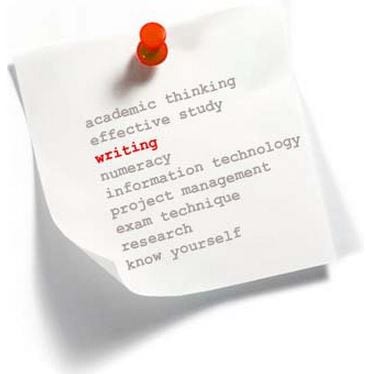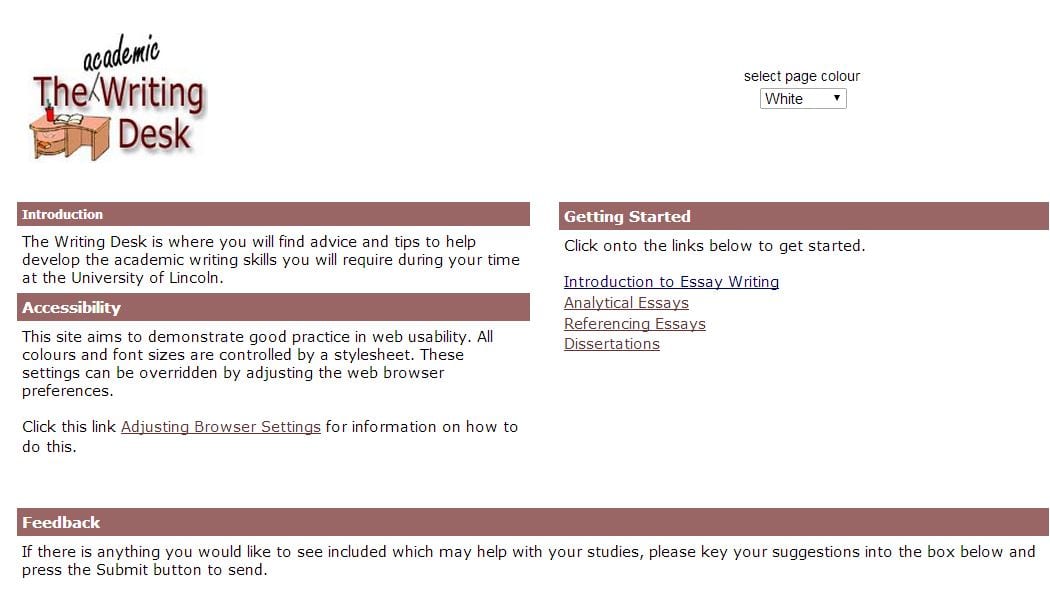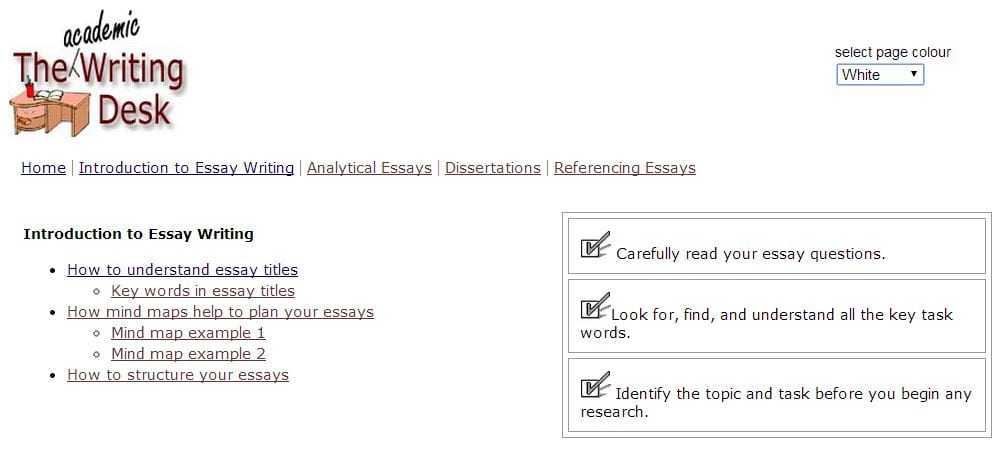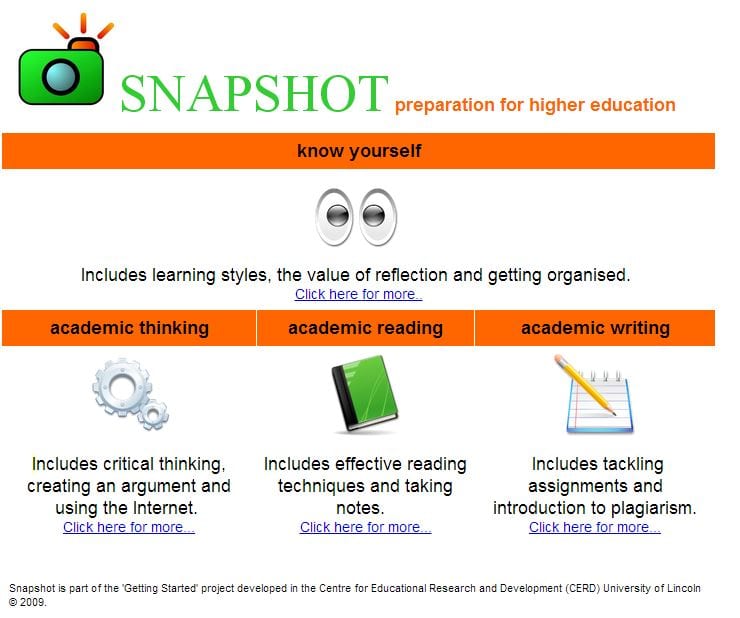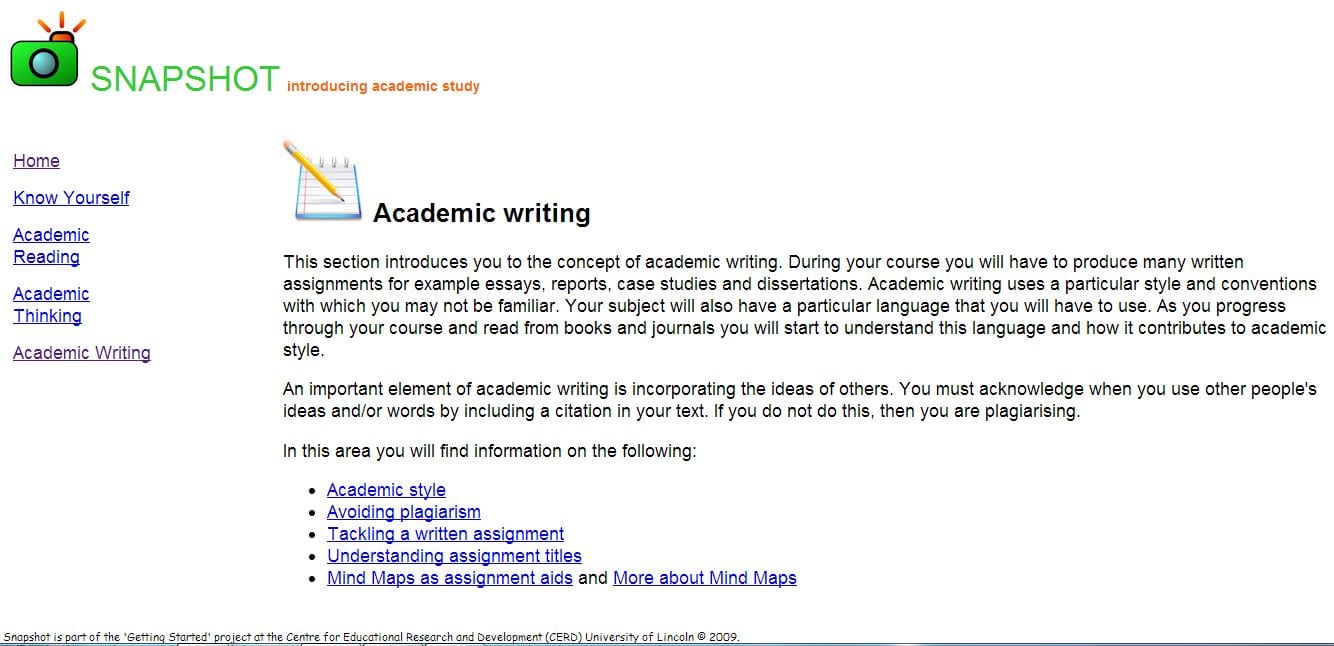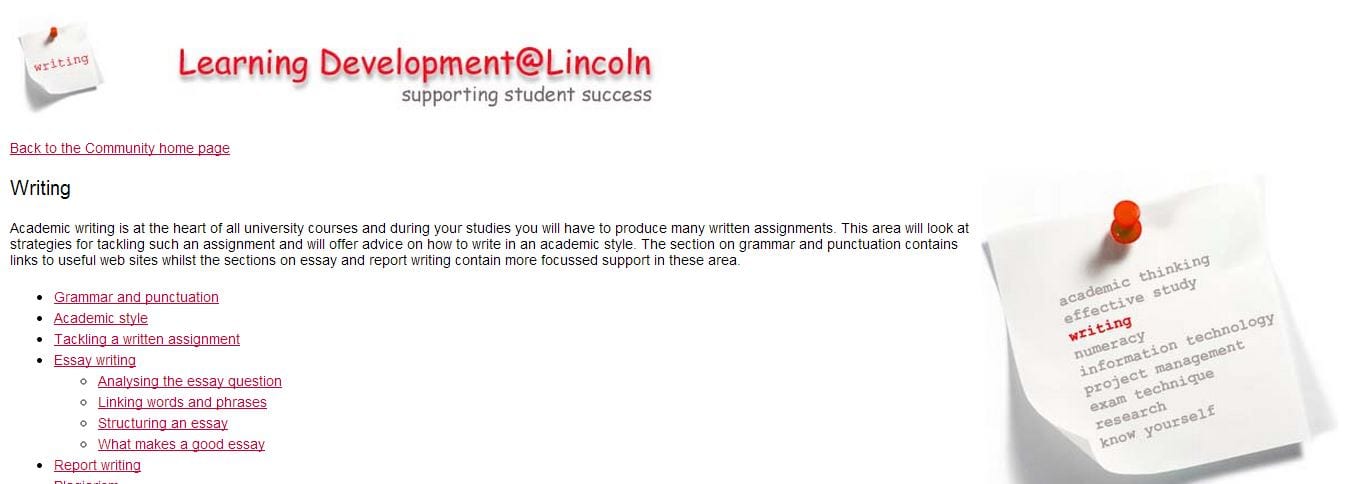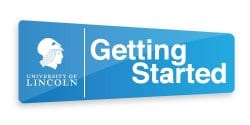Last year I successfully bid for a small learning development grant from ALDinHE (Association for Learning Development in Higher Education) to support international students making videos about their experiences at the university. This was the same time as I was completing a HEA/JISC funded project under the OER Programme to look at transition for international students. Preparation for Academic Practice with OER for International Students- University of Lincoln Both projects fitted well with Getting Started; the university’s programme of transition support for new students which gives them access to Blackboard prior to enrolment. My interest in transition is preparation for studying in higher education. Research into the first-year experience of higher education in the UK (Yorke and Longden, 2008) gives lack of preparation as a key reason for withdrawal and the history of Getting Started, which began in 2005, can be found here http://gettingstarted.blogs.lincoln.ac.uk/what-is-getting-started/history/
Students were given cameras and asked to talk about their own experiences as if they were giving advice to new students thinking about coming to Lincoln. The seven films were put together in their final form by Ray Wilson, CERD’s Media Intern. All of them are around one minute in length and are presented below.
